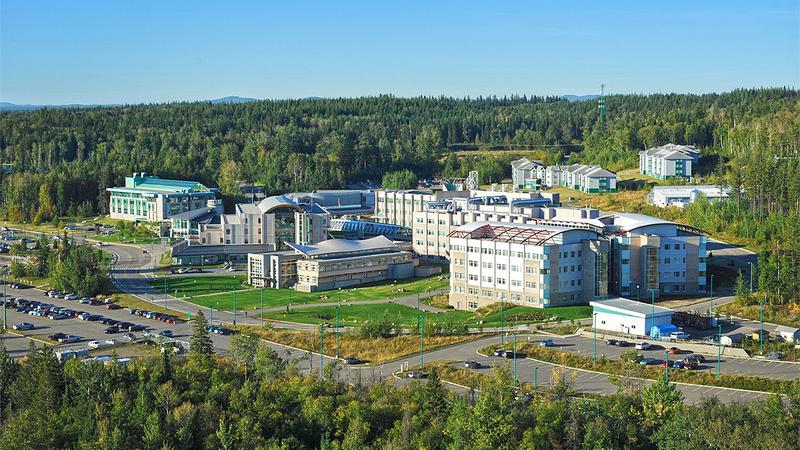
Post-secondary Indigenous students get over $6 million in support
ckpgVICTORIA — Indigenous students at public post-secondary institutions throughout British Columbia will have more support to succeed in post-secondary education and finish their studies.
This support includes $6.15 million for initiatives and programs that respond to the Calls to Action of the Truth and Reconciliation Commission of Canada, the United Nations Declaration on the Rights of Indigenous Peoples and for annual Aboriginal Service Plans that support the goals of the Aboriginal Post-Secondary Education and Training Policy Framework and Action Plan.
The funding will be used by the institutions to develop or enhance respectful and welcoming learning environments, along with partnerships and programs that improve the post-secondary educational experiences and outcomes of Indigenous learners. This includes programs and supports to make post-secondary more accessible and that address systemic barriers.
“When Indigenous students have access to learning and cultural supports, a world of opportunity opens up that can make a significant impact on their future careers and lives,” said Scott Fraser, Minister of Indigenous Relations and Reconciliation, in a statement. “Students are our future. By improving Indigenous students’ experiences and outcomes in post-secondary school, we are advancing reconciliation and helping to build a brighter future for everyone.”
